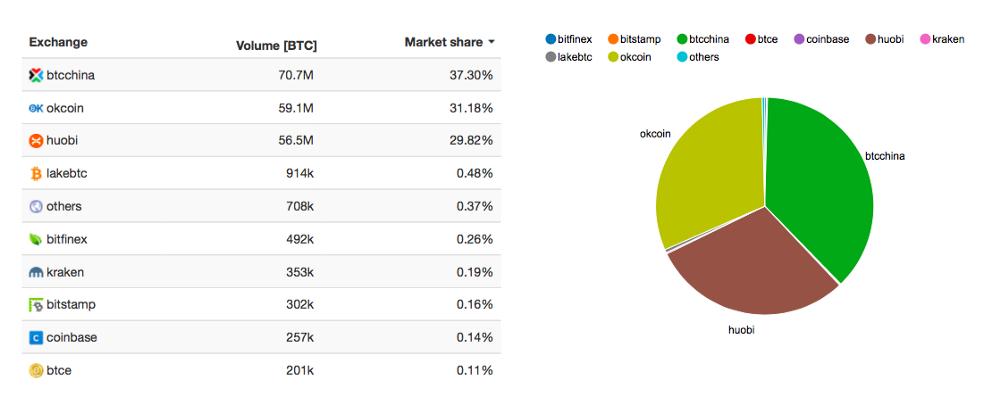Understanding Bitcoin: An Analysis by International Experts
Bitcoin, the pioneering cryptocurrency, has captivated global attention since its inception in 2009. Let's delve into a comprehensive analysis of Bitcoin from the perspective of international experts.
Historical Context
Bitcoin emerged amidst the global financial crisis, offering a decentralized alternative to traditional fiat currencies. Its creator, Satoshi Nakamoto, published the Bitcoin whitepaper, outlining a peertopeer electronic cash system based on blockchain technology. Initially met with skepticism, Bitcoin gradually gained traction, attracting a diverse community of developers, investors, and enthusiasts worldwide.
Key Characteristics
1.
Decentralization
: Bitcoin operates on a decentralized network of nodes, eliminating the need for intermediaries like banks.2.
Blockchain Technology
: Transactions are recorded on a public ledger, ensuring transparency and immutability.3.
Limited Supply
: With a capped supply of 21 million coins, Bitcoin is designed to be deflationary, contrasting with fiat currencies susceptible to inflationary pressures.4.
Security
: Bitcoin's cryptographic protocols safeguard against doublespending and unauthorized transactions.Global Adoption and Impact
1.
Investment Asset
: Bitcoin has evolved into a prominent investment asset, attracting institutional and retail investors seeking diversification and potential returns.2.
Remittances and Financial Inclusion
: In regions with limited banking infrastructure, Bitcoin facilitates crossborder remittances and promotes financial inclusion.
3.
Macroeconomic Trends
: Bitcoin's value often correlates with macroeconomic factors like inflation expectations, geopolitical tensions, and monetary policy decisions.4.
Regulatory Challenges
: Regulatory uncertainty persists in many jurisdictions, posing challenges for widespread adoption and institutional participation.Technological Innovations
1.
Layer 2 Solutions
: Lightning Network enables faster and cheaper transactions by leveraging offchain channels, addressing Bitcoin's scalability limitations.2.
Privacy Enhancements
: Technologies like CoinJoin and Schnorr signatures enhance transaction privacy, mitigating concerns over surveillance and traceability.3.
Smart Contracts
: Initiatives like Rootstock and Bitcoin Script enhancements enable programmable contracts and decentralized applications (dApps) on the Bitcoin network.4.
Interoperability
: Efforts to enhance interoperability between Bitcoin and other blockchain platforms aim to foster seamless asset transfer and crosschain functionality.Challenges and Future Outlook
1.
Scalability
: Scalability remains a primary concern, with ongoing debates surrounding block size increases, offchain solutions, and network optimization.2.
Environmental Impact
: Bitcoin's energy consumption has sparked debates regarding its environmental sustainability, prompting initiatives for greener mining practices and alternative consensus mechanisms.3.
Volatility and Stability
: Bitcoin's price volatility hampers its utility as a medium of exchange and store of value, necessitating stability mechanisms and hedging strategies.4.
Regulatory Clarity
: Clear and coherent regulatory frameworks are essential to foster mainstream adoption, ensuring investor protection and market integrity.Conclusion
Bitcoin continues to shape the global financial landscape, transcending geographical and cultural boundaries. Its disruptive potential, technological innovations, and socioeconomic implications warrant careful analysis and proactive engagement from stakeholders across various sectors. As international experts navigate the complexities of this evolving ecosystem, collaboration and dialogue are crucial to realizing Bitcoin's full potential as a catalyst for financial empowerment and innovation.
版权声明
本文仅代表作者观点,不代表百度立场。
本文系作者授权百度百家发表,未经许可,不得转载。











评论